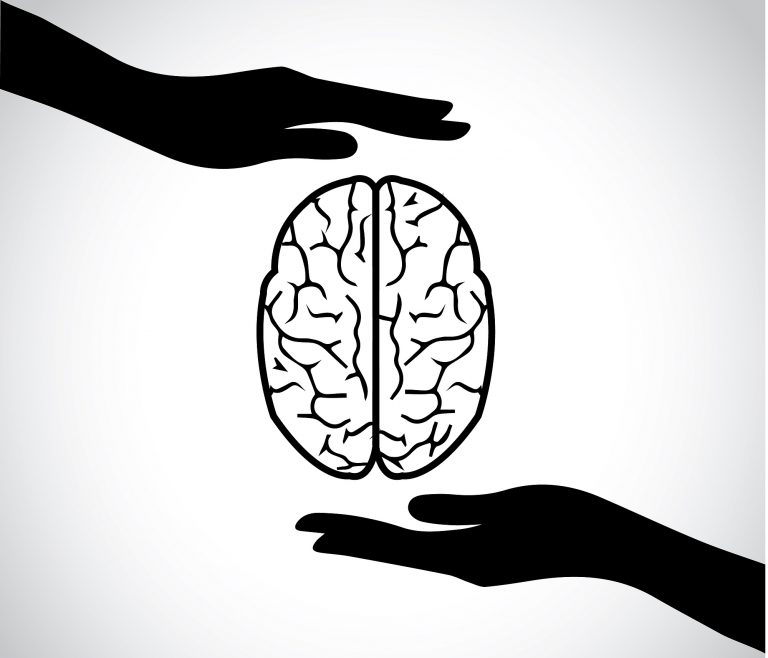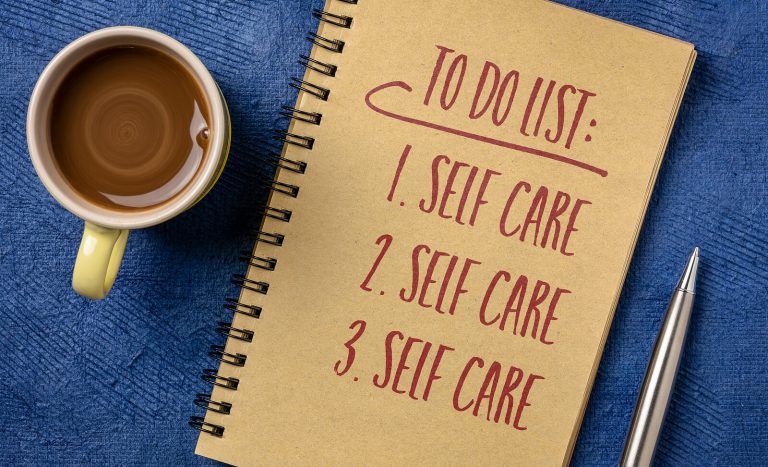Need Help Coping With Anxiety?

At MVP we work with a lot of people who struggle with anxiety and need help coping. People feel overwhelmed with how hard things are when it doesn’t seem like it should be that difficult. Logically they know that what makes them anxious won’t hurt them, but can’t stop feeling anxious anyway. It is very frustrating!
When you have anxiety your brain is on high alert. The job of your brain in this case is to keep you safe by warning to when you could get hurt. When you get anxious it is your brain telling you there is danger. The danger could be physical such as a fear of spiders, fear of flying, or fear of getting sick. The danger can also be emotional such as fear others will judge you, fear of being made fun of, fear of failure. Most people who struggle with anxiety avoid the source of what makes them anxious.
Let’s use fear of spiders an example, but we could be talking about pretty much anything. Someone who is afraid of spiders will likely avoid spiders at all costs. They may get anxious when they see a spider and then not go into certain rooms in their house. If you avoid the spiders and then the rooms that may have spiders when you are anxious, your brain has learned it did it’s job well. It kept you safe when danger was present. In order to decrease anxiety it is important to sit with your anxiety. Do not escape your anxious feelings and avoid what is causing you to feel anxious. Avoiding the things you are anxious of increases your anxiety.
Take our example of spiders, if you are able to get on the plane and sit with your anxiety it will eventually pass. Your nervous system will calm and you won’t feel anxious. If you are able to sit through the anxiety to get to the other side you can begin to rewire the way your body responds to anxiety. When you learn to sit with anxiety until it resolves, you teach your nervous system that it doesn’t need to warn you. It will stop giving you false alarms.
It will likely take several exposures to the source of your anxiety where you sit with your anxiety until you feel calm before your anxiety decreases. If you are patient there is a good chance this will work. It has an even better chance of working if you combine it with the other components of Cognitive-Behavior Therapy. For example, you will likely also need to address your thoughts about flying and address them. You will need to determine your fear triggers and develop coping strategies such as correctly learning deep breathing.
The official name for what I have just shared with you is Exposure Response Prevention (ERP). ERP is one part of Cognitive Behavioral Therapy (CBT). CBT is a highly effective form of therapy for treating anxiety. If you have strong phobias or fears, it can be most helpful to get all the information in a systematic way to address your fear. People with strong fears and phobias typically need to do systematic desensitization. During systematic desensitization you gradually increase exposure to what produces anxiety in ways you can tolerate. There are many books regarding Cognitive-Behavioral Therapy you are get if you like to read. It can also be helpful to get the support of a therapist.
If you or your child struggles with anxiety and are feeling overwhelmed about creating the calm you desire, call us at 720-583-9932. We will connect you with a therapist who specializes in helping people with anxiety. You can also like our Facebook page to get more great information. Don’t waste one more day!
Written By Dr. Steffanie Stecker
Schedule an Appointment
We believe in an integrative and holistic approach to help you make the changes you want. Contact us now to schedule an appointment or to request a 20 minute free phone consultation. During this session, you will be invited to share your story and ask any questions you may have.
Recent Articles
Autism in Women: Signs, Masking, and Getting an Adult Diagnosis
If You Are an Adult Who Was Assigned Female at Birth, Wondering if You Could Be Autistic, You Are Not…
Now Serving South Denver: Mountain Vista Psychology Opens New Location for Counseling, Neurofeedback & Testing
To The Wonderful Mountain Vista Psychology community: We have some exciting news to share: We are Growing and Excited to…
ADHD Testing: How Women Are Underdiagnosed and Misunderstood
Attention-Deficit/Hyperactivity Disorder (ADHD) is one of the most widely discussed and most commonly diagnosed disorders today. ADHD is more than…
What Does Self-Care Look Like in Motherhood
Motherhood can be a beautiful, transformative journey, but it is also exhausting, overwhelming, and often self-sacrificing. Somewhere between diaper changes,…





